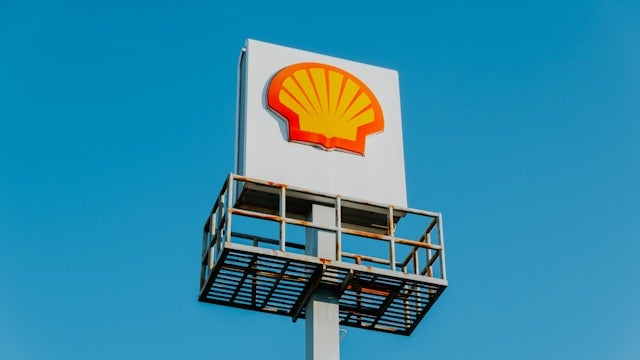
British oil and gas company Shell is reportedly planning to divest its majority shareholding from its local downstream unit in South Africa, following a complete review of its businesses.
Shell Downstream (SDSA) was formed after Thebe Investment agreed to merge the Shell South Africa Marketing and Shell South Refining businesses, a decade ago.
South Africa’s largest refinery and one of the SDSA’s primary assets, SAPREF refinery, located in the east coast port city of Durban, has been terminated from operations since 2022.
The same year, flooding along the coast killed nearly 400 people and severely damaged the plant, which used to provide around 35% of South Africa`s refining capacity.
South Africa`s Central Energy Fund showed interest in buying Sapref, which has a nameplate capacity of 180,000 barrels per day, to address energy security concerns.
Since Sapref was closed, South Africa has become an importer of refined petroleum products.
Shell told Reuters: “As a result of this review, Shell has decided to reshape the downstream portfolio and intends to divest our shareholding in SDSA… this decision was not taken lightly.”
In a separate development, Shell is in talks with Saudi Arabia’s state-owned Saudi Aramco to divest its gas station business in Malaysia, which could be valued at up to $1bn.
According to a Reuters report, Shell had the country’s second-largest gas station network, comprising around 950 fuel stations, only next to Malaysia’s state-owned Petronas network.
The talks began in late 2023, and a deal is anticipated to be finalised in the coming months.
In addition to operating fuel stations, Shell sells industrial lubricants, produces crude oil and natural gas offshore of Sarawak and Sabah states, and is a partner in two LNG ventures.
The British oil and gas company’s effort to offload Malaysian fuel stations is in line with its decision to sell its refinery on Bukom Island in Singapore, said the publication.


